At the presentation of the Hunyadi Janos Award in Brussels, Adam Kavecsanszki, President and CEO of the Foundation for a Civic Hungary (PMA), announced that this year's recipient is Ryszard Antoni Legutko.
The Hunyadi Janos International Award aims to recognize the outstanding achievement of individuals who have contributed to European freedom and independence, to the cooperation among nations and to the defense of the values that underpin European identity, such as Greco-Roman cultural heritage and Christian values.
The prize was awarded to the Polish professor and MEP for promoting European cooperation that upholds respect for the sovereignty of nation states, for his philosophy exposing the totalitarian features of liberal democracies, for his decades of public and academic work and for his staunch representation of Christian values, freedom and independence in the European Parliament.
"Everything he predicted has come true"
"He is a professor of philosophy who not only learned from history, but also used history to predict what was to come. And everything he predicted has come true," Prime Minister Viktor Orban said about the awardee.
In his speech, the prime minister highlighted one of the professor's many accurate foretellings of the future: "progressive liberals have indeed become just like the communists, and today they pose a genuine threat to our freedom because they are trying to realize their own utopian fever dreams".
He praised the laureate for having been the first to discover this very trend within the European Union. "Along these lines, EU policy today no longer reflects on what is, but describes a dream world," the premier identified as a symptom.
Viktor Orban recalled that even as a student, he had devoted considerable attention to the topic of the Polish resistance, as he believed that the Poles were exceptional compared to other Central European countries. Although the resistance in Poland, like the Hungarian and Czech movements was quashed, it was the only grouping that could not be eliminated. At that time, Mr Orban interpreted the resilience of the Polish resistance -which necessitated a unique and persistent organization - as a sign that the Soviet Union and communism would soon disappear from the region.
Viktor Orban thanked Ryszard Antoni Legutko for personally contributing to the freedom of Hungarians with his work, and for pointing out the secret of successful resistance through the historic example of the Poles.
"He is not only one of the first persons to see this connection [patterns of communism in progressive liberalism], but also the first person to talk about it," the PM continued his praise of the awardee's achievements, noting his bravery.
I didn't understand what he was telling us back then. We thought, I included, that of course there are all sorts of arguments against the liberals, but that this basically fits the free, liberty-loving tradition of the West,
Viktor Orban admitted his previous views, adding that it was Legutko who at the time pointed out that this was a serious mistake. It is a serious mistake, because this debate is not the kind that usually takes place in Western European cultural circles between different freedom-loving ideological systems.
Perhaps, as an excuse we can say that when turning to the writings of the founding fathers, one can see that the debate between the federalists and the sovereignists wasn't always like it is today. It was not always the case that the federalists wanted to extinguish political thinking and political actors advocating for the fundamentals of the nation-state,
he stressed, noting that this debate was once regarded as inspiring, ambitious and intellectual. However, this has changed over time, as its foundations are no longer based on Christian universals.
The prime minister reiterated that universal Christian values, which once provided the basis for this debate, never included the abolition of nations or the construction of utopias.
Viktor Orban: Progressive liberals don't care about European people
Also with reference to the professor's writings, the prime minister opined that the progressive liberals now in the positions of those such as Schumann, Monet or De Gaspari who knew Christian universality, don't care about European people.
They are only interested in their own ideals and achieving them is all their politics is about. If the price of realizing these ideals requires the dismantling of European industry and agriculture, then they will do it. If the price of their plan is to erase Europe's cultural past with illegal migration, then they will do that too,
he pointed out, adding that there is a significant problem on another front, namely the weakening of sovereignist forces, especially with the exit of the nation-state-minded British. With Brexit, Central Europe has been left to represent the sovereignist vision, but the region is also showing signs of division. Poles and Hungarians have always agreed on sovereignty, but Hungary is now at a loss over Poland, the awardees home country.
Without wanting to interfere in the affairs of Professor Legutko's country, which he is obviously more familiar with, but from here in Budapest, it seems that the Soros empire has come to power in Poland, and this is the worst omen a Hungarian can imagine,
Mr Orban summarized his assessment of the situation.
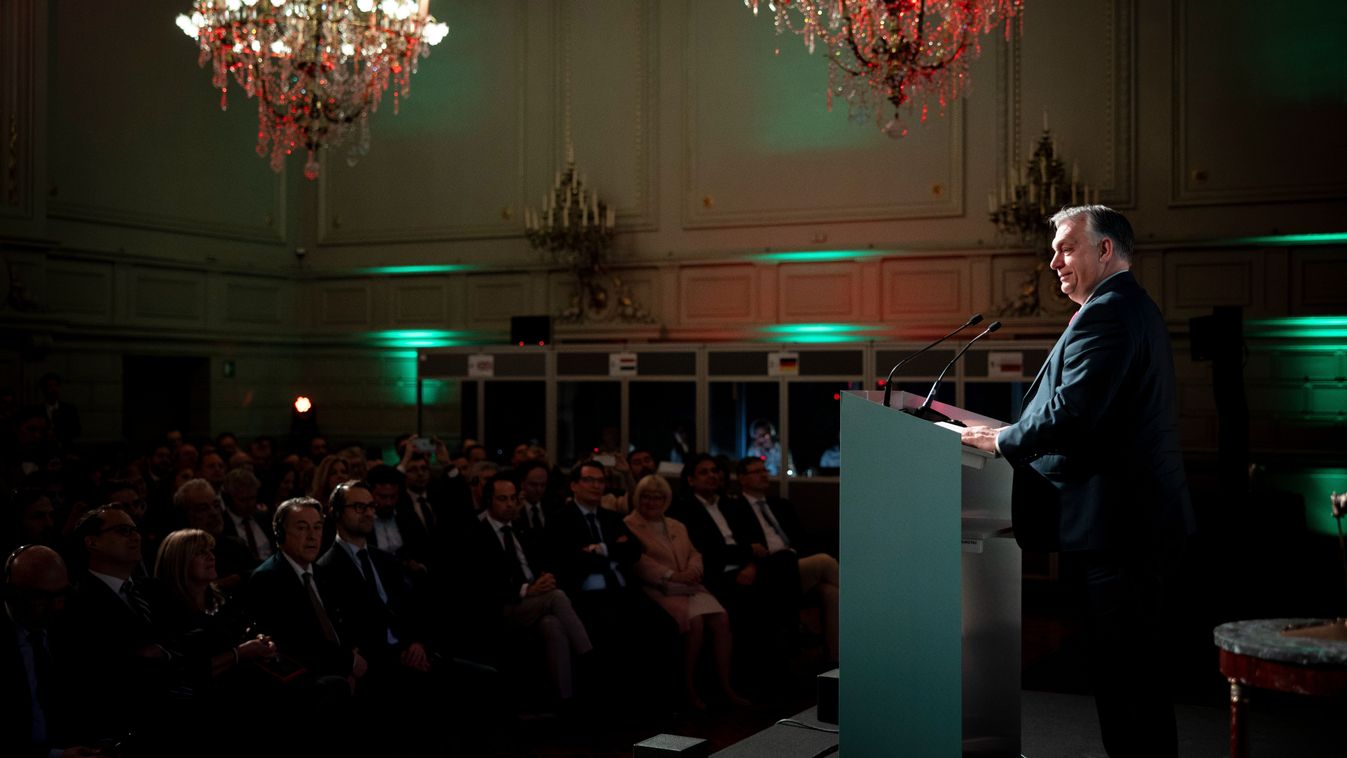
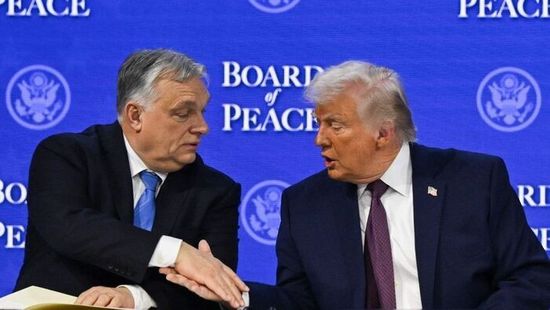
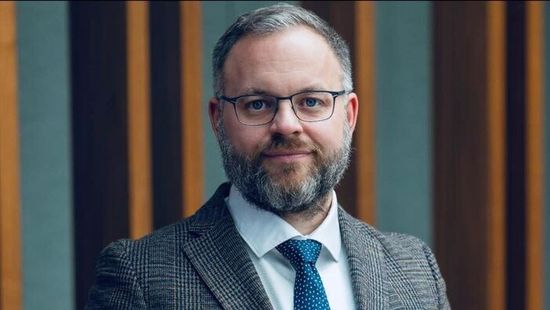
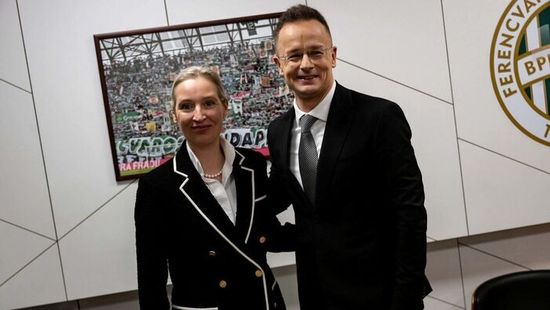


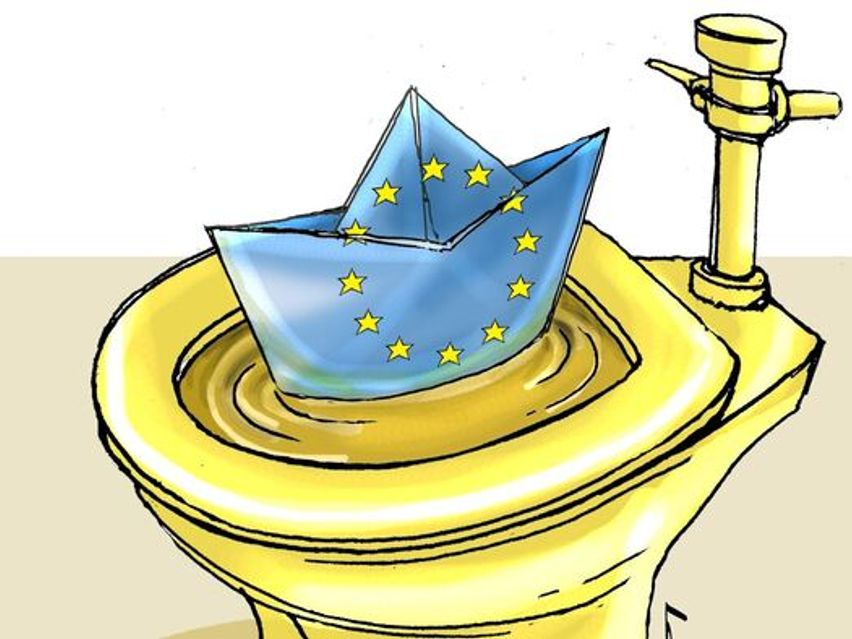
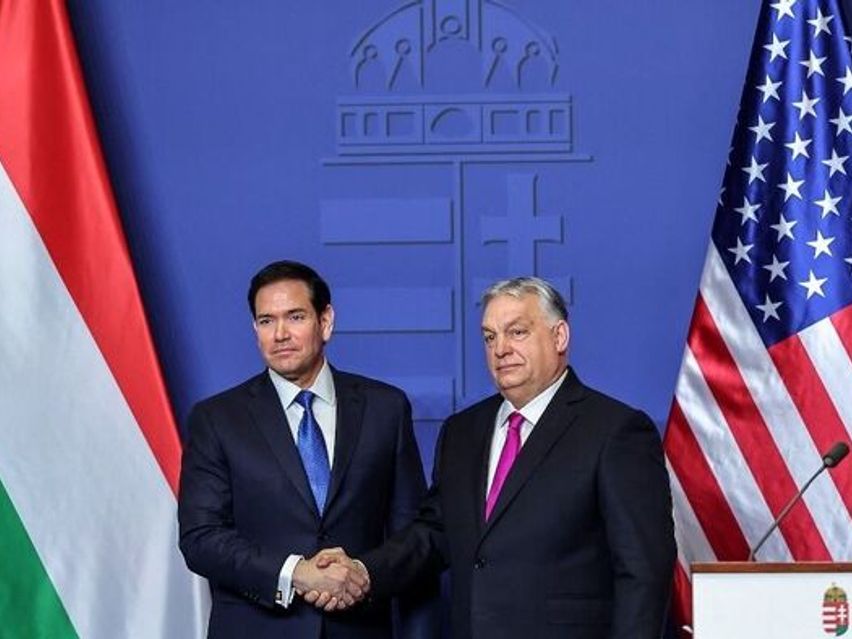
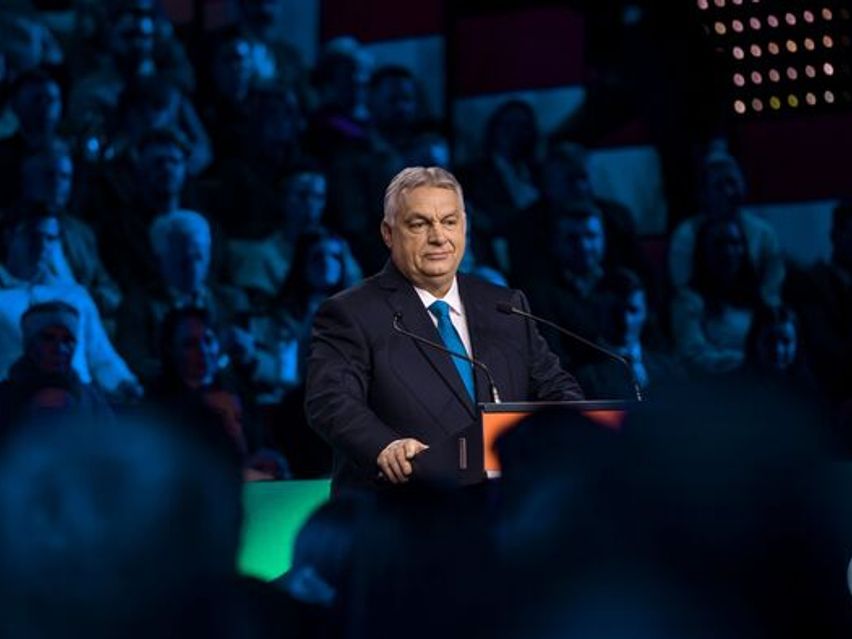
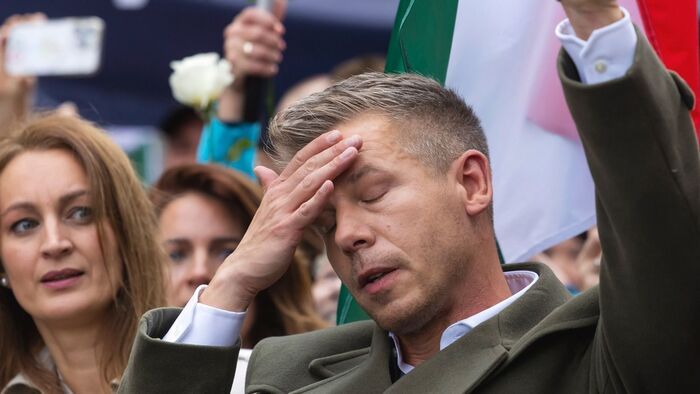

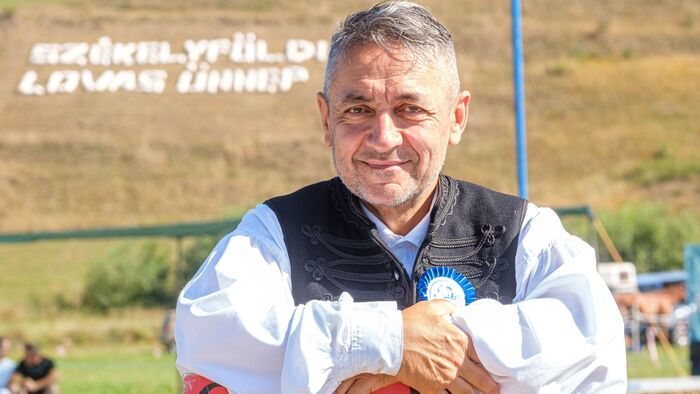
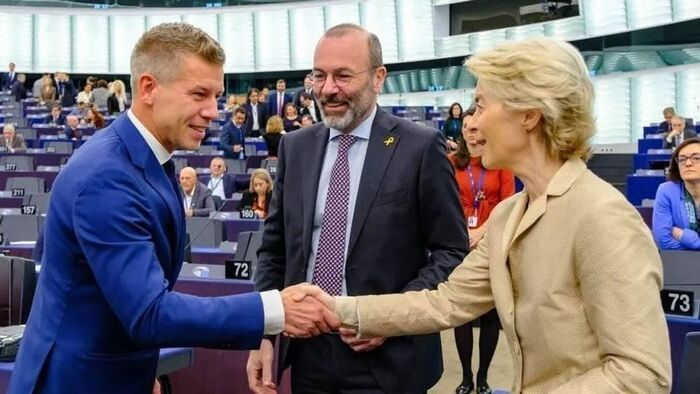

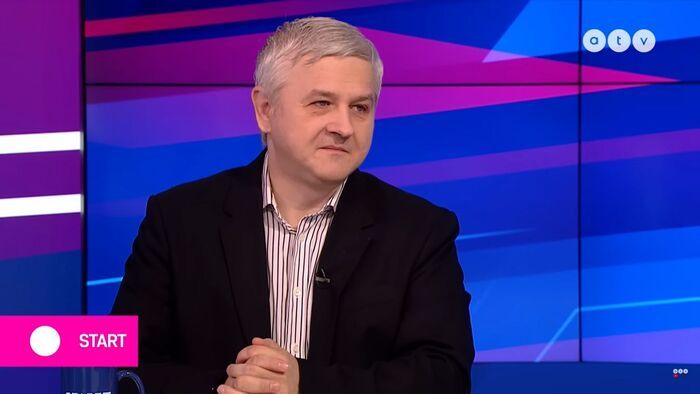
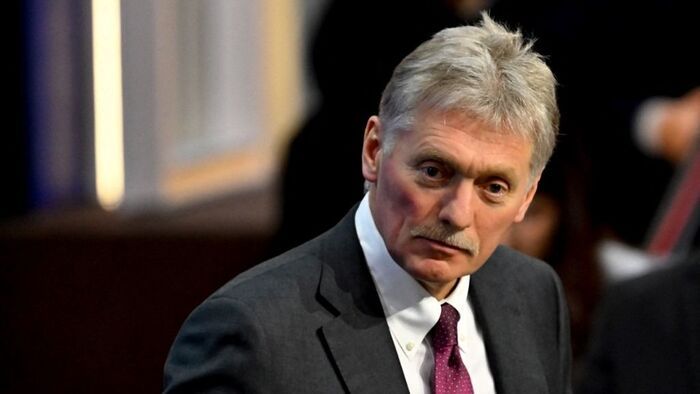
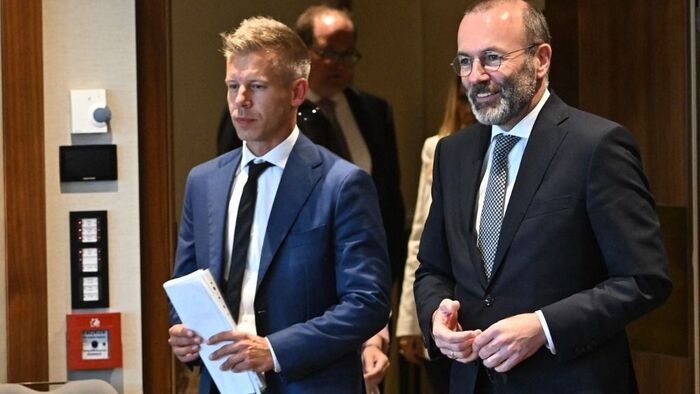




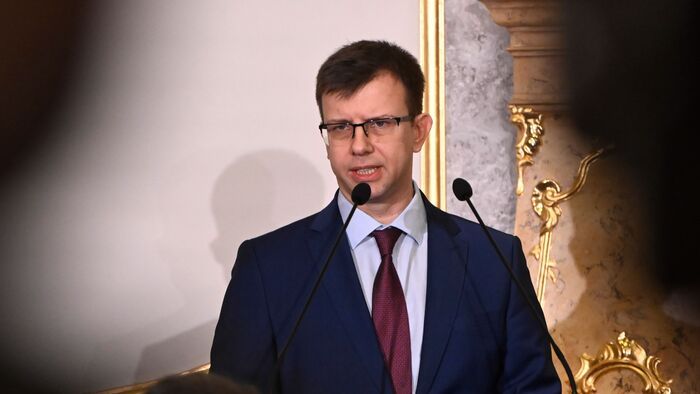

Szóljon hozzá!
Jelenleg csak a hozzászólások egy kis részét látja. Hozzászóláshoz és a további kommentek megtekintéséhez lépjen be, vagy regisztráljon!